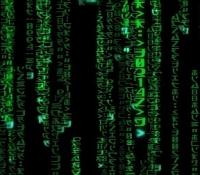I'm having a strange issue at work and I want to understand why it behaves as it does.
We have some DELL and HP laptops that will not recognize their hdd drives unless an OS already exists on them.
For example if I take a machine, format it and reboot, it says it does not have an hdd installed. It is not listedin BIOS as well as any windows PE (install disk or otherwise), it is just not there.
It is seen correctly only on linux distros and applications based on them, such as clonezilla.
It is not tied to the bootable flag or partition table, I have tried that with gparted multiple times.
I have also tried disabling UEFI in BIOS and no change.
What could be causing this?












